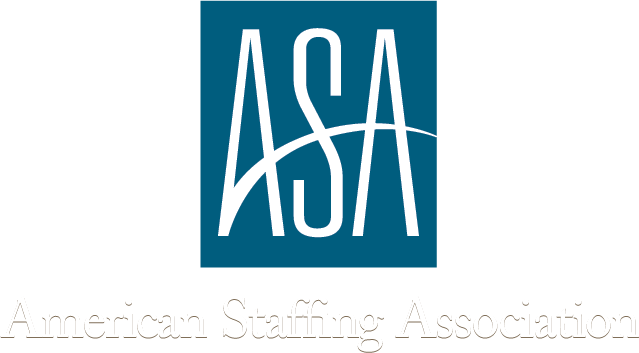Chances are pretty good that, if you’re in serious consideration for a position by a company, you’ll go through several interviewing stages. In other words, you need to prepare for the long haul as a candidate for employment.
So how do you prepare for the various stages of the interview process? More importantly, what are the various interview stages that you can expect during the lengthy process to “prove” yourself?
Here are some pointers about the types of interviews that you can expect and how to prepare for them.
1. The screening interview
The screening interview is typically when the company makes first contact with you. In some cases, you might even find yourself being screened by a recruiter.
The point of the screening interview is to find out, as quickly as possible, if you’re even a qualified candidate for the position. It’s really not about determining if you’re qualified to be hired, it’s about determining if you’re qualified for an interview.
Think of it like a grand jury. A grand jury doesn’t determine guilt or innocence. A grand jury just determines whether or not there is enough evidence against the accused to go to trial.
Of course, a job interview is a more positive development than a criminal trial. But you get the idea.
How do you prepare for the interview? First, have all your ducks in a row as far as what you want to say about your background. Eliminate the possibility of inconsistencies in your professional history and make sure that you have a very good reason for why you want to leave your current position.
Next, make sure you know your stuff. You could get a pop quiz on some of the finer points of your engineering discipline. Study for the screening interview if you think that’s necessary.
2. The informational interview
An informational interview isn’t a job interview per se. Instead, it’s about picking someone’s brain who happens to be in a position in which you would like to find yourself some day.
The informational interview is typically set up by you, the job-seeker. What you’re doing is just asking someone to answer some questions about his or her career choice. What are the benefits, the disadvantages, etc.?
Use the informational interview as a networking opportunity. It’s a great time to get to know someone who might remember your name at some later point in time, perhaps at an opportune moment for yourself.
3. The group interview
The group interview is a good sign. It means that you’ve gone through the screening and done well enough that the people at the company would like to ask you some more questions.
In fact, several people at the company would like to ask you some more questions. Sometimes, you can expect all of these people to be in a room with you at the same time popping questions at you in a seemingly slapdash manner. You might not know who is asking the next question until it is asked.
Prepare yourself for this with lots of antiperspirant. Being the focal point of a group interview can be very intimidating and not a little demanding. Learn how to breathe properly so as to avoid appearing nervous. Anticipate the questions that you’ll be asked and have answers ready for each of them.
4. The situational interview
The situational interview occurs when an interviewer describes a hypothetical situation and asks how you would deal with it. The idea is to see how you handle real-world events rather than determining if you really understand the abstract theories and practices associated with your discipline.
Prepare for these interviews by anticipating several real world, business-centric scenarios associated with your skill set. Of these, filter them down to only the ones that pertain to the industry of the company that is considering you for the open position. Develop some plausible reactions to your own fictitious scenarios and use those as the basis for your answers in the situational interview.
Contact us at Selectek to learn more about job opportunities available for professionals with an engineering background. Our ability to match skilled candidates to exact-fit opportunities has been the basis of our success, and why we’ve become the staffing solution of choice for your engineering and technology industry.

